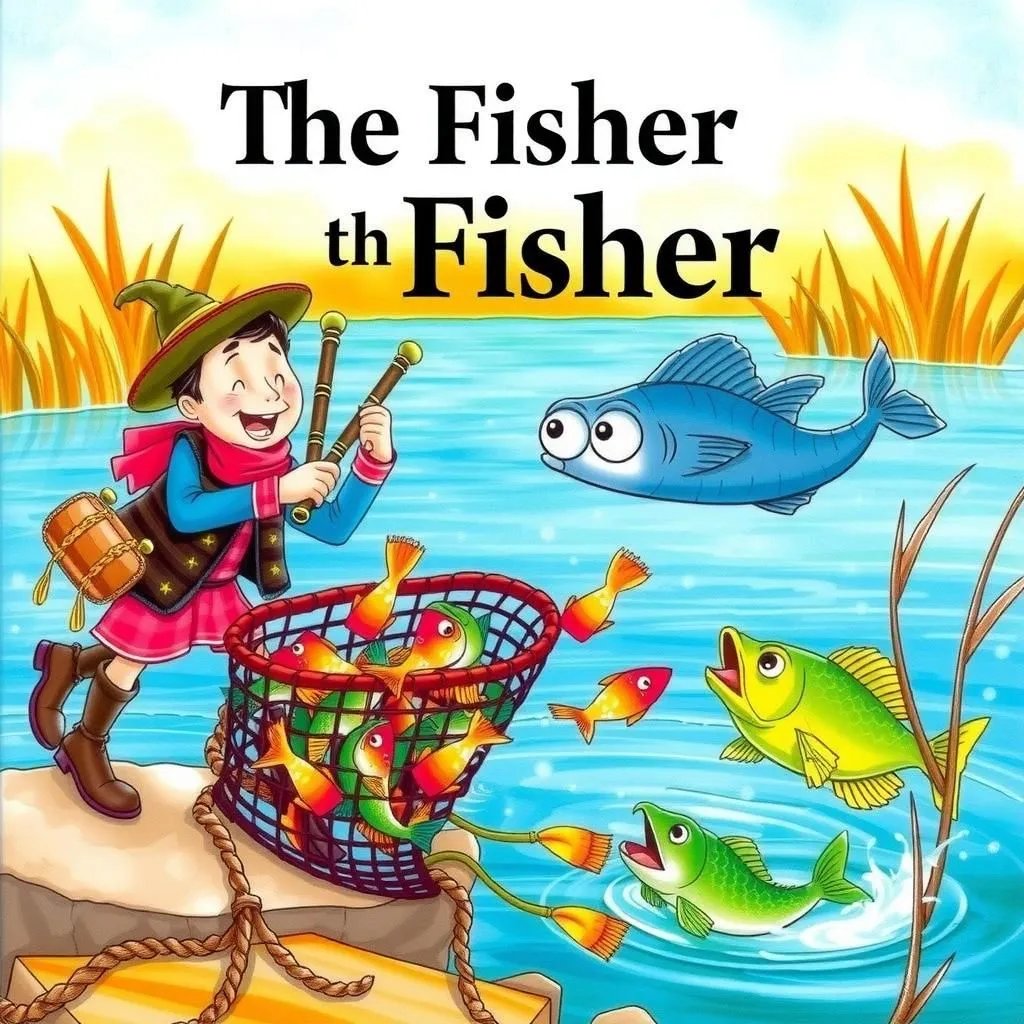
A Protagonist of Silver
In "A Protagonist of Silver," a Member of a governmental body delivers a heartwarming moral speech to fellow financiers, framing their vested interests in silver mining as a noble cause against the government's recent decision to undermine the metal. This grand rhetoric inspires a rare moment of solidarity, prompting the Members to leave the hall, marking a significant action reminiscent of simple moral stories that highlight the importance of unity and purpose.


